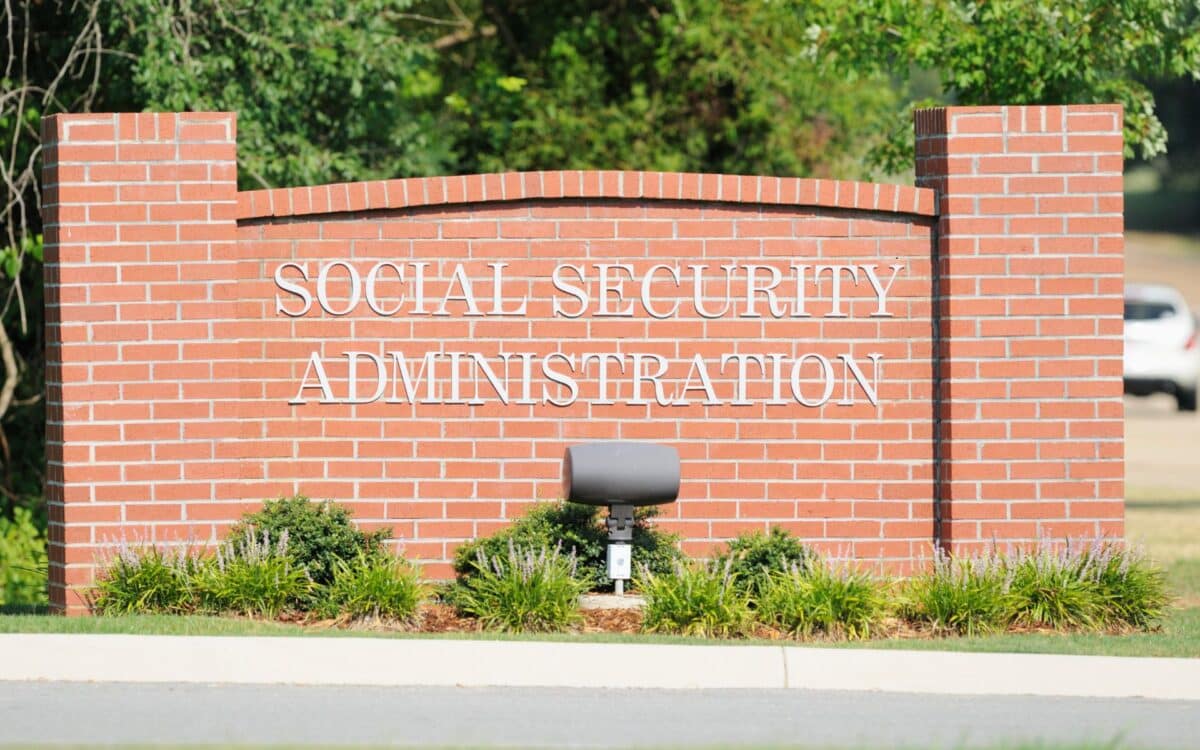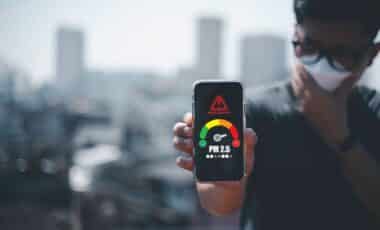The Social Security Administration (SSA) is preparing a significant update to its national phone system, introducing artificial intelligence, in an effort to alleviate widespread delays affecting millions of Americans.
Facing persistent criticism over accessibility and efficiency, the agency has outlined a plan to modernize its communications infrastructure before the end of 2025. According to Newsweek, the shift comes amid mounting pressure to handle high daily call volumes and growing wait times.
Although few technical details have been disclosed, the initiative reflects the SSA’s broader strategy to streamline service delivery without fully overhauling its traditional support channels.
AI Integration Planned to Support Phone-Based Service Delivery
The SSA’s move to incorporate AI comes amid rising public pressure over the accessibility and responsiveness of its services. Bisignano framed AI as both a modernization strategy and a tool to support agency staff. “AI will be a great enabler” for employees handling growing workloads, he told SSA managers last week, according to the Federal News Network. The SSA stated that AI deployment will contribute to
We’re bringing in a massive technology effort to transform the servicing agenda… We’re going to bring AI into the phone system – said SSA Commissioner Frank Bisignano in an interview with CBS News.
I intend it to be completed this year.
While technical details on the AI system remain unspecified, the initiative is expected to introduce advanced automation in how phone interactions are handled, with the aim of reducing human load while preserving service quality.
Context : Rising Call Volumes and Wait Times
Call data from the SSA underscores the scale of the challenge. In March 2025, the agency handled an average of 483,549 calls per day, which decreased to 369,138 daily calls in April. The fiscal year-to-date daily average stands at 390,825.
Despite the decline in volume, wait times have worsened. The average caller now waits 86 minutes, up from just over an hour in previous periods. In January, following the passage of the Social Security Fairness Act, wait times peaked at 112 minutes. This correlation has raised concerns about the capacity of SSA systems to manage legislative and operational shifts.
Legacy Challenges and Staffing Reductions
The SSA’s ongoing performance struggles are compounded by earlier structural reforms. Under the Trump administration, the Department of Government Efficiency (DOGE) initiated office closures and workforce cuts, which continue to affect operations. The agency now targets a 12 percent staff reduction, aiming to operate with 50,000 employees.
Bisignano remains optimistic that technological innovation can offset this reduction.
We’ll continue carrying out our duties through technology and process engineering – he told CBS News.
Accessibility and Concerns for Underserved Populations
When asked about the potential impact on recipients who are less comfortable with digital platforms, Bisignano emphasized inclusivity:
We’re going to meet beneficiaries where they want to be. You want to come into a field office, we’ll always be there. You want to meet us on the web, we will be there. You want to meet us on the phone, we’ll be there.
Still, questions linger about how AI will handle complex or sensitive interactions that typically require human discretion. The agency has committed to maintaining in-person and phone service channels for those unable or unwilling to rely on digital tools.
Previous AI Trials and Policy Reversals
Earlier this year, the SSA trialed AI-driven anti-fraud checks for phone-submitted claims, as part of its modernization efforts. The initiative was presented as a way of
Further modernizing the agency’s services and strengthening program integrity.
The SSA also proposed a policy requiring in-person identity verification, effectively barring beneficiaries from verifying by phone. After widespread pushback citing logistical and accessibility concerns, especially for those in rural areas or with limited mobility, the plan was withdrawn.









